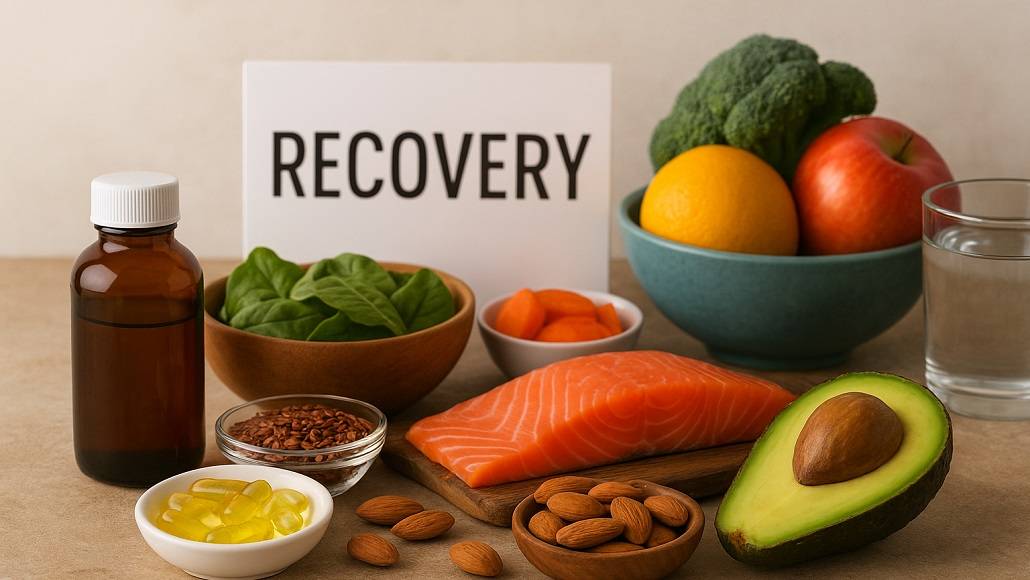Substance abuse is a pervasive issue that affects millions of individuals globally, often leading to devastating personal and societal consequences. According to the World Health Organisation, approximately 35 million people suffer from drug use disorders worldwide. For those grappling with addiction, finding effective rehabilitation methods is crucial. While traditional approaches often include pharmacological treatments, there is a growing interest in natural rehabilitation methods, such as dietary changes, vitamins, and counselling. This article explores whether these natural methods are more effective than conventional drug therapies.
Understanding Substance Abuse
Substance abuse encompasses the harmful use of psychoactive substances, including alcohol, prescription medications, and illicit drugs. Individuals struggling with addiction often face a range of physical, psychological, and social challenges. Traditional rehabilitation programmes typically involve detoxification to manage withdrawal symptoms, counselling to address underlying issues, and medications to help reduce cravings and prevent relapse. However, the potential side effects and risks associated with pharmaceutical drugs have led many to seek alternative methods.
The Importance of Nutrition in Recovery
Nutrition plays a critical role in the recovery process. A balanced diet can significantly impact an individual’s physical health, emotional well-being, and overall recovery journey. Certain foods and nutrients are known to support brain function and improve mood, which are essential during the challenging recovery period.
Key Nutritional Components
Omega-3 Fatty Acids: These essential fats, found in fish, flaxseeds, and walnuts, are crucial for brain health. Research indicates that omega-3 fatty acids can help reduce symptoms of depression and anxiety, which are often prevalent among individuals recovering from substance abuse. A study published in the Journal of Clinical Psychiatry found that individuals with higher omega-3 levels reported fewer depressive symptoms, highlighting the importance of incorporating these nutrients into a recovery diet.
B Vitamins: B vitamins, particularly B6, B12, and folate, are vital for brain function and mood regulation. Many individuals suffering from substance abuse have deficiencies in these vitamins, which can exacerbate feelings of anxiety and depression. Foods rich in B vitamins, such as leafy greens, eggs, and whole grains, can help restore balance and support mental health during recovery.
Antioxidants: Substances like vitamins C and E, found in fruits and vegetables, play a crucial role in combating oxidative stress, which can be heightened in individuals recovering from substance abuse. Antioxidants help protect the brain and body from damage caused by free radicals, potentially aiding in the recovery process.
The Role of Vitamins and Supplements
In addition to a balanced diet, certain vitamins and supplements can support recovery from substance abuse. While they should not replace traditional treatment methods, they can complement a holistic approach to rehabilitation.
Key Supplements
L-Glutamine: This amino acid is known to help reduce cravings for sugar and alcohol. Some studies suggest that L-glutamine supplementation may assist in managing withdrawal symptoms, making it a valuable addition to a recovery plan.
N-Acetylcysteine (NAC): NAC is an antioxidant that has shown promise in reducing cravings and relapse rates in individuals recovering from substance use disorders. Research indicates that it may help restore glutamate levels in the brain, which can be disrupted by substance abuse.
Magnesium: Often referred to as the “relaxation mineral,” magnesium can help alleviate anxiety and improve sleep quality. Many individuals recovering from addiction experience sleep disturbances, making magnesium supplementation beneficial.
The Importance of Counselling and Support
While nutrition and supplementation are essential components of recovery, the psychological aspect cannot be overlooked. Counselling, offered by drug and alcohol rehabilitation centres, provides individuals with the tools they need to cope with triggers, manage stress, and address underlying issues related to their substance abuse.
Types of Counselling
Cognitive-Behavioural Therapy (CBT): CBT is a widely used therapeutic approach that helps individuals identify and change negative thought patterns and behaviours associated with substance abuse. This method has been shown to be effective in reducing relapse rates.
Motivational Interviewing: This client-centred approach encourages individuals to explore their motivations for change and develop personal goals for recovery. It has been particularly effective in engaging individuals who may be ambivalent about seeking help.
Support Groups: Peer support is invaluable during recovery. Groups such as Alcoholics Anonymous (AA) and Narcotics Anonymous (NA) provide a sense of community and shared experience, helping individuals feel less isolated in their struggles.
In conclusion, while traditional pharmacological treatments play a significant role in the rehabilitation of substance abuse, natural methods such as dietary changes, vitamins, and counselling offer valuable alternatives. These approaches can enhance overall well-being, support mental health, and provide individuals with the tools they need to navigate their recovery journey. Ultimately, the most effective rehabilitation plan is one that combines both traditional and natural methods, tailored to the individual’s unique needs. As the conversation around substance abuse continues to evolve, embracing a holistic approach may pave the way for more successful recovery outcomes.




















